There’s a Spanish novel in the spotlight today, for Stu’s Spanish and Portuguese Lit Month. Un Amor is by the same author (and translator) as Four by Four, which I reviewed for European Literature Network a few years ago.
Our narrator, Nat, is a translator who has left the city for a small village named La Escapa (it remains to be seen how much of an escape this actually is). It’s the kind of place where everyone knows everyone else, though to Nat, its reality still feels uncertain:
La Escapa’s borders are blurry, and even though there is a relatively compact cluster of small houses – right where hers is – other buildings are scattered further away, some inhabited and others not. From the outside, Nat can’t tell whether they are homes or barns, if there are people inside or just livestock.
Translated from Spanish by Katie Whittemore
Nat’s landlord is antagonistic, to the point that she would rather not involve him when any repairs are needed. So, when her roof leaks, Nat finds herself turning to one of her neighbours, known locally as “the German”. He has offered to repair her roof “if you let me inside you for a little while”.
At first, this is easy to refuse, but eventually Nat talks herself into it as a straightforward transaction. What follows is an escalation of Nat’s relationship with the German, with Nat questioning herself and finding that maybe she doesn’t know herself as well as she thought:
Nat would like to ask what she means to him. She would like to say that, if everything started by chance – a chance as petty, as trivial, as a leaky roof – then she doesn’t get why they keep seeing each other, since their agreement was fulfilled. She knows it’s ridiculous but, deep down, she would like to be the chosen one, to have been seduced after careful planning.
The blurriness of place that Nat perceived on moving to La Escapa manifests again as uncertainty over the cause of her own actions. Mesa raises the stakes as her novel progresses, with Nat searching further in herself as the village takes more notice, leading to a crescendo… and to say any more than that would be telling.
Un Amor is published by Peirene Press.


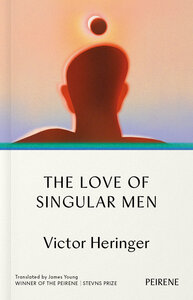

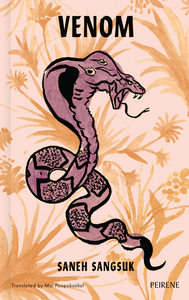
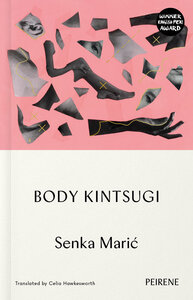
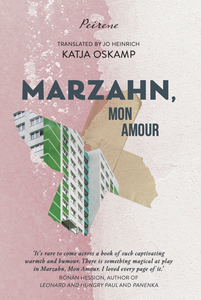

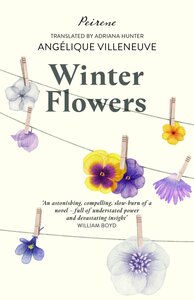

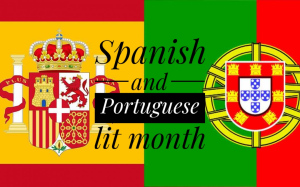
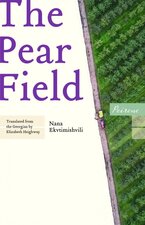
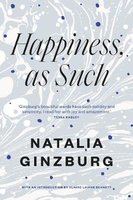
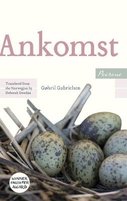

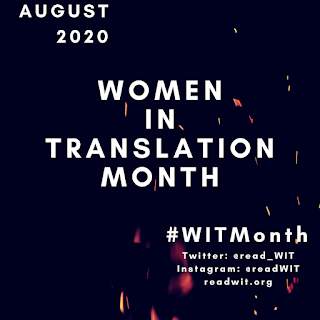
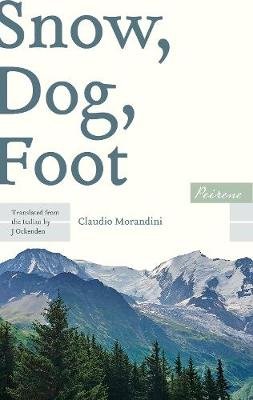
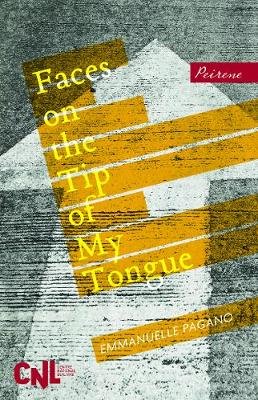
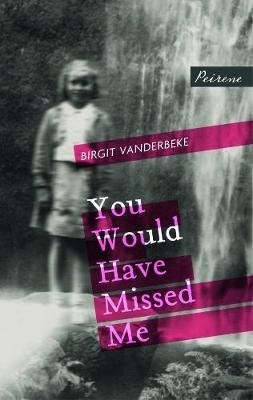
Recent Comments